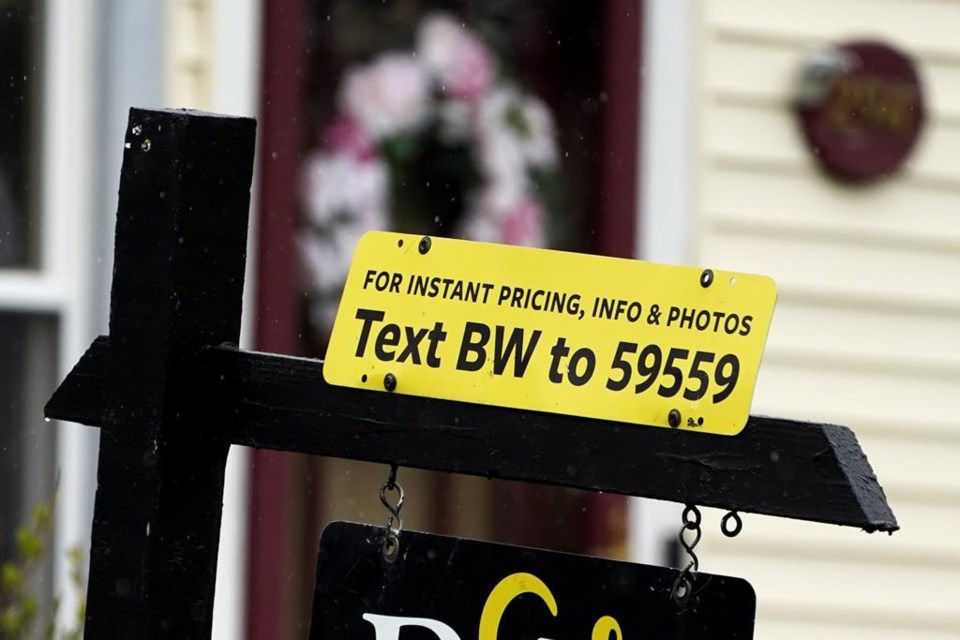Lauren Gumport was en route to a vacation on the island of Chios, Greece, in July, where she was set to stay in an Airbnb for five nights with her best friend.
But upon her arrival in Athens to connect to her flight to Chios, she received a WhatsApp message from someone stating that their dad owned the Airbnb property, but that they managed it. The son said they’d be out of town — and that their dad didn’t speak English — but that Gumport would still be able to check in with the dad.
Gumport, who works for the travel insurance company Faye, is no stranger to stories of travel mishaps. She sensed something was off but forged ahead with the Chios flight. When she arrived at the meeting spot near the Airbnb, no one was there.
“It was hot and not in a touristy area, so it didn’t feel great,” she says. “We were exhausted from the flights and just wanted to drop our bags, so that was frustrating.”
She had an international cell phone plan, so after 15 minutes of waiting for the owner,she called Airbnb customer service. An hour later, an Airbnb customer service agent finally offered to rebook them elsewhere. But with no other suitable Airbnb listings, Gumport declined the offer. Airbnb then offered to pay for two nights at a hotel.
“Airbnb didn’t give any type of nightly cap on cost, and frankly the island didn’t have a ton of options,” she said. “We found a great hotel and sent Airbnb the receipt.”
The two-night hotel stay came out to $443.50, and Gumport received a reimbursement from Airbnb to her bank account in a few days. Airbnb also refunded the $434.22 cost of her original five-night reservation.
As for the other three nights they were supposed to spend in Chios? Gumport took the opportunity to check out another Greek island, where she booked a last-minute stay.
WHAT HAPPENS IF YOUR HOST DOESN’T SHOW UP
Gumport contacted Airbnb as soon as she realized her host wasn’t there and says Airbnb appropriately compensated her for the inconvenience.
“Luckily, my friend and I have traveled so much that when things go wrong, we just quickly pivot and laugh it off,” she said. “We stayed two nights in the other hotel, had a great time, then hopped on a ferry to Samos, Greece, for the rest of our trip.”
But not all vacation rental companies have robust customer support, and not all will be as generous with compensation. Plus, not all travelers will be able to pivot like Gumport.
And it’s not just vacation rental companies, like Airbnb or Vrbo, where ghosting is a risk. It’s a challenge facing the ever-growing list of peer-to-peer travel platforms. That includes RV rental companies like Outdoorsy or RVshare, and rental car companies like Turo. There’s also a boat equivalent called GetMyBoat.
Each company has its own set of policies to mitigate mishaps. Some immediately rebook the closest alternative, which can often entail an upgrade. If the owner of the Toyota you booked through Turo doesn’t show up, the company might instead send a Tesla.
But even an upgraded Tesla might not come without some stress. Turo says you need to wait at least 30 minutes past the trip start time before you can contact customer support, according to a note on its help page. That’s 30 minutes you might be sitting on a curb in a foreign city, followed by the transport time hauling your bags to a different location once the company has found an alternative.
Also, the second option might not be exactly what you wanted. You may have to sacrifice features found in your initial vacation rental booking, like laundry or a kitchen, given the last-minute arrangement. Potential “upgrades” might not be much better, such as a larger car that just proves harder to park.
HAVE A PLAN IN CASE YOU GET GHOSTED
What if you make it to the check-in time and the host hasn’t canceled but also hasn’t materialized?Sometimes careful pre-trip research can’t prevent ghosting, but backup plans during the trip are critical.
— Understand the booking company’s policies. For example, Airbnb promises to help rebook guests into a similar place if the host cancels, but the promise only applies to cancellations made by the host within 30 days of check-in. So, if the host cancels 31 days before Super Bowl Sunday for a home in the host city, good luck finding affordable alternative lodging.
— Carefully read the reviews and only book listings that have plentiful, positive reviews. Previous guests might offer insights into the host’s reliability and help indicate which rentals to skip.
— Have contact information handy for the host and customer support. Should you be abroad, consider purchasing an international phone plan or at least know where to find free Wi-Fi (such as train stations or cafes).
— Research nearby alternatives, including other available listings. Be prepared to be flexible and change plans if necessary.
— Take advantage of last-minute deals. Just as Gumport ferried to another Greek island for part of her stay, you could be similarly flexible. Hotels can often be cheaper when booked last-minute anyway. Jamie Lane, chief economist at vacation rental data platform AirDNA, says the same holds true with lodging beyond hotels.
“Ask for last-minute deals,” Lane says. “Unbooked weeks or recent cancellations can lead to big discounts to fill open nights.”
____________________________
This article was provided to The Associated Press by the personal finance website NerdWallet. Sally French is a writer at NerdWallet. Email: [email protected].
RELATED LINK:
NerdWallet: When to book with Turo over a traditional rental car https://bit.ly/pros-and-cons-turo
Sally French Of Nerdwallet, The Associated Press


